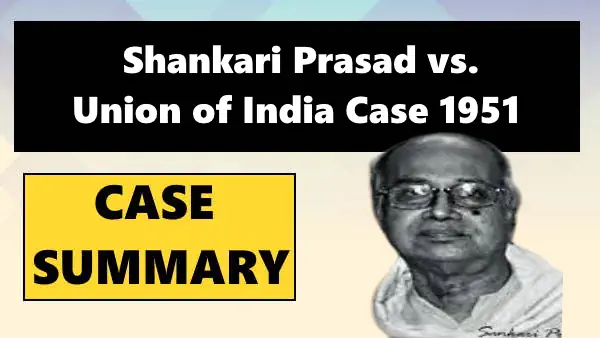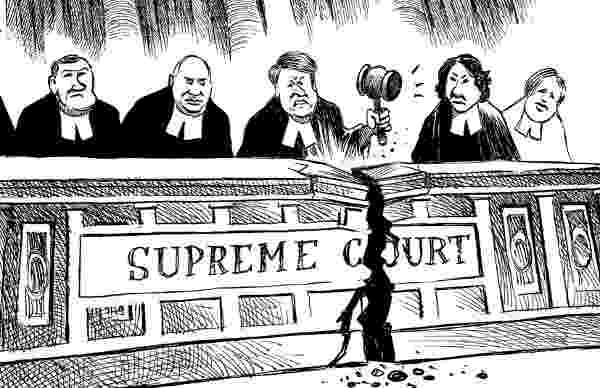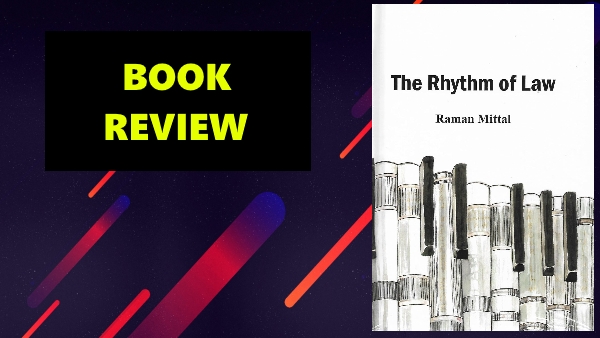Shankari Prasad vs. Union of India case gave the landmark judgement in which the Supreme Court by dismissing the petition narrowed down the scope of Article 13(2).
SHANKARI PRASAD CASE FACTS:
The matter of Shankari Prasad vs. Union of India is referred to as a landmark judgment as it was the very first case that challenged the First Constitutional Amendment Act of 1951. The matter raised doubts about the constitutionality of the Act based upon grounds that it is totally in violation of Part III of the Indian Constitution and thus, shall be proclaimed invalid.
However, the apex court of the country clenched that as per Article 368, the parliament holds the authority to make amendments in any part of the Constitution which includes the Fundamental Rights as well.
LEGAL ISSUES:
- Validity of the First Constitutional Amendment, 1951.
- Whether the term ‘law’ is used in Article 13(2) of the Indian Constitution. which also includes laws to amend the Constitution as well.
RATIO DECIDENDI:
In this landmark case, the judgement was delivered by the Hon’ble Judge M. Patanjali Sastri (Supreme Court of India).
In one accord the Supreme Court of India held that though an amendment is regarded to be higher than any ordinary legislation passed, it does not mean it can strike its constitutional validity by Article 13 (2).
The court also clarified that the term “law” used in Article 13 (2) commonly will be inclusive of the power and authority of the Constitutional Amendment, however, it shall be in reflection of the ordinary power of the legislature and thus, the amendment made by the Parliament in regard to its constitutional lowers are not subjected to Article 13(2) [including the power and authority to make changes in Fundamental Rights].
Moreover, the court also held that – “We are of the opinion that in the context of Article 13 law must be taken to mean rules and regulations made in the exercise of ordinary legislative power and not amendments to the Constitution made in the exercise of constituent power with the result that Article 13(2) does not affect amendments made under Article 368.”Henceforth, the constitutional validity of the First Constitutional Amendment, 1951 was upheld by the Supreme Court of India.
However, the court separated in view that the Fundamental Rights can here be inalienable. In addition to this, the overview of Article 13(2) was narrowed by the Supreme Court, and thus, they adopted the view of an Independent Nation via the acquisition of property.
RELEVANCE:
When India got its independence, agricultural land reform was enacted in many agricultural states of the country such as Bihar, Madhya Pradesh, and Uttar Pradesh. This enactment of the agrarian reform of land was commonly referred to as the ‘Zamindari Abolition Act’. While on one side poor people and small-scale farmers were happy with the Zamindari Abolition Act, the landlords were depressed because of such enactment by the legislation, as because of this landlords were impoverished of their land or plots. This, as a result, let the landlords from different states (such as Bihar, UP, and MP) file petitions in the Hon’ble High Courts of their respective states denoting that the abolition act is unconstitutional as it is totally in violation of their Fundamental Rights.
Taking a note of the cases filed in all these states, the High Court of Patna held that the Zamindari Abolition Act is of such a nature that it violates the Fundamental Rights of the zamindars. Thus, new land reform was implemented in the state of Bihar, which was known as Bihar Land Reforms, 1950.
The Government brought forward a remedy in the form of the Constitution (First Amendment) Act, 1951 to put an end to the various litigation regarding the same issue. The zamindars reacted by bringing the petition under Article 32 of the Constitution and raised the question of whether the Constitutional (First Amendment) Act, 1951 which was passed by the Parliament and insert article 31A and article 31B in the Constitution of India is unconstitutional and void. However, such cases didn’t make such an impact before the High Courts of Allahabad and Nagpur, due to which the Allahabad High Court and the High Court of Nagpur upheld the constitutional validity of the Zamindari Abolition Act.
Found Shankari Prasad vs. Union of India case summary useful? We have a bunch of useful topics from constitutional law that will help you in your preparation here >>> CONSTITUTIONAL LAW
Check out our YouTube Channel for free legal videos >>> LAW PLANET YT






